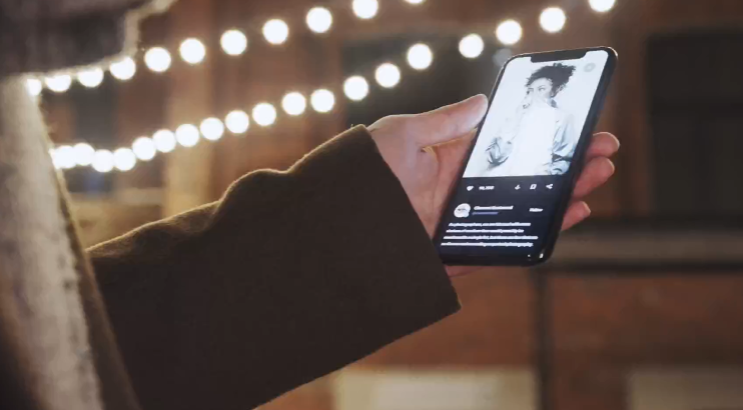After a long day at work, you come home, ready to unwind. Like most of us, the first thing you do is collapse on the couch and start scrolling. Social media, news, and endless notifications flood in, curated by someone else. And here’s the trap: you feel the need to stay informed, to keep up. It feels natural, even necessary. After all, who doesn’t want to know more about the world, to improve themselves?
But then, before you realize it, the night is gone. You’re left drained, no better off than before, and tomorrow is already waiting for the version of you that didn’t show up.
The Cost of Staying ‘Informed’
The cost? It’s subtle but real. You think you’re doing something productive—staying informed, learning, catching up—but the truth is, you’re just spinning your wheels. Information for the sake of information. Noise disguised as knowledge. You’ve traded the most precious thing you have: your attention.
Explore Our Philosophical Counseling Services
But why do we get stuck in this cycle? And, more importantly, how do we break free?
Challenging the Belief that Curiosity is Always a Good Thing
First, we need to question a belief that rarely gets challenged: the idea that curiosity is always a good thing. Curiosity drives us to explore, learn, and grow, which seems ideal on the surface. Many articles claim that curiosity leads to success, personal fulfillment, and even combats burnout. But is that the full story?
Existentialist philosophers like Martin Heidegger challenge this view. Heidegger, a 20th-century German philosopher, was deeply interested in how we relate to the world around us. In his works Being and Time and Contributions to Philosophy, Heidegger warned that curiosity isn’t always as positive as it seems. Long before the rise of the internet, he foresaw the dangers of unexamined curiosity, noting that endless information could lead to burnout and inauthenticity.
Curiosity vs. Wonder
Heidegger made a key distinction between curiosity and wonder. In his view, curiosity—or Neugier in German—is often about novelty, constantly chasing the next shiny thing without truly engaging with it. In contrast, wonder—Wunder in German and Thaumazein in ancient Greek—reflects a deep openness to the mystery of existence.
Wonder is that moment when we realize just how extraordinary our ordinary life truly is. Think of a sunrise connecting the world of dreams to the reality of a new day, or the thrill of reading ancient poetry and feeling deeply connected to someone who lived a thousand years ago. Wonder reveals richness and enigma in the seemingly mundane, grounding us in the world while reminding us that life and human relationships are infinitely beyond our full understanding.
So, what’s the real difference between curiosity and wonder? Wonder allows us to linger, reflect, and be present with the depth of an experience, while curiosity keeps us moving, always pushing toward the next new thing. For Heidegger, wonder is the birthplace of philosophy, encouraging us to ask questions that go beyond superficial understanding. Unlike curiosity, wonder doesn’t leave us feeling restless or unsettled. Instead, it brings a sense of return—a grounding in the world that is both awe-inspiring and deeply satisfying.
Embrace the Power of Restraint
How do we escape this constant cycle of distraction and restlessness? In his later work, Heidegger contrasts restless curiosity with a more rooted disposition: restraint, or Verhaltenheit. Restraint doesn’t mean doing nothing; it’s about actively resisting distractions and cultivating stillness. In restraint, we’re not chasing the next new thing but rather staying open to deeper experiences without rushing to conclusions.
At the heart of curiosity is often an impulse to control or master what’s new, unfamiliar, or trending. But this creates a cycle of seeking the next post, the next trend, or the next quick answer, without ever pausing to reflect. Restraint allows us to slow down and engage with our lives more fully.
Applying Restraint in Everyday Life
Shifting from curiosity to wonder is a discipline. It means intentionally changing how we engage with the world:
- Pause Before Seeking Answers – Allow yourself to dwell in the mystery or beauty of a moment rather than rushing to find answers.
- Let Go of Control – Embrace uncertainty and ambiguity without the need to fully understand everything.
- Find Awe in Everyday Moments – Appreciate small, daily experiences rather than always seeking the next extreme or novel thing.
This disciplined stance, where we resist the urge to impose meaning or certainty, gives us a chance to experience life’s most profound dimensions. Practicing restraint helps us step back from the noise and engage with the world through wonder and openness, reconnecting us with our authentic selves and the larger questions of existence.
Join Our One-on-One Counseling Sessions to Deepen Your Engagement with Life
Rediscovering Wonder as a Path to Resilience
For Heidegger, keeping ourselves “wakeful” for reflective thinking is a way to live authentically. It’s an approach that brings inner quiet and connection with the larger, existential questions that often get lost in our daily routines. By embracing restraint, we give ourselves the space to truly see and appreciate the world around us.
At Philosophical Solace, we’re here to help you explore these ideas and build resilience in uncertain times. If these insights resonate with you, consider booking a session with us. Together, we’ll explore how shifting from distraction to depth can help you live with purpose and authenticity.
Thank you for being part of this journey. We invite you to discover the value of reflection, wonder, and resilience in your life.
Related Readings:
- Martin Heidegger. Being and Time. https://shorturl.at/o6be5
- Martin Heidegger. Contributions to Philosophy (Of the Event). https://shorturl.at/L8tif
Film Mentioned in the Video
- Perfect Days (2024). Director: Wim Wenders

